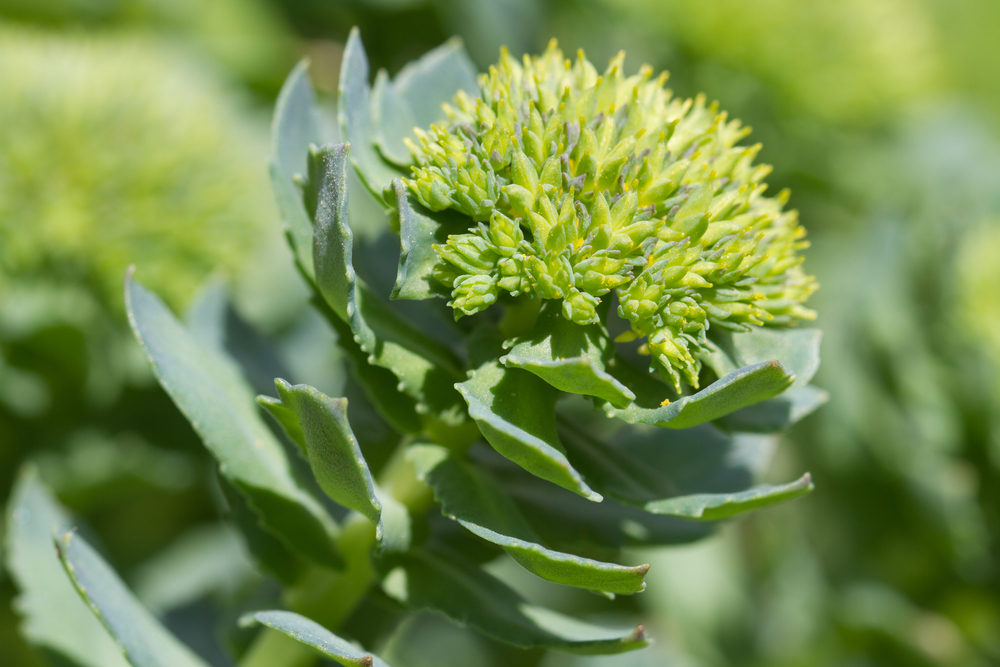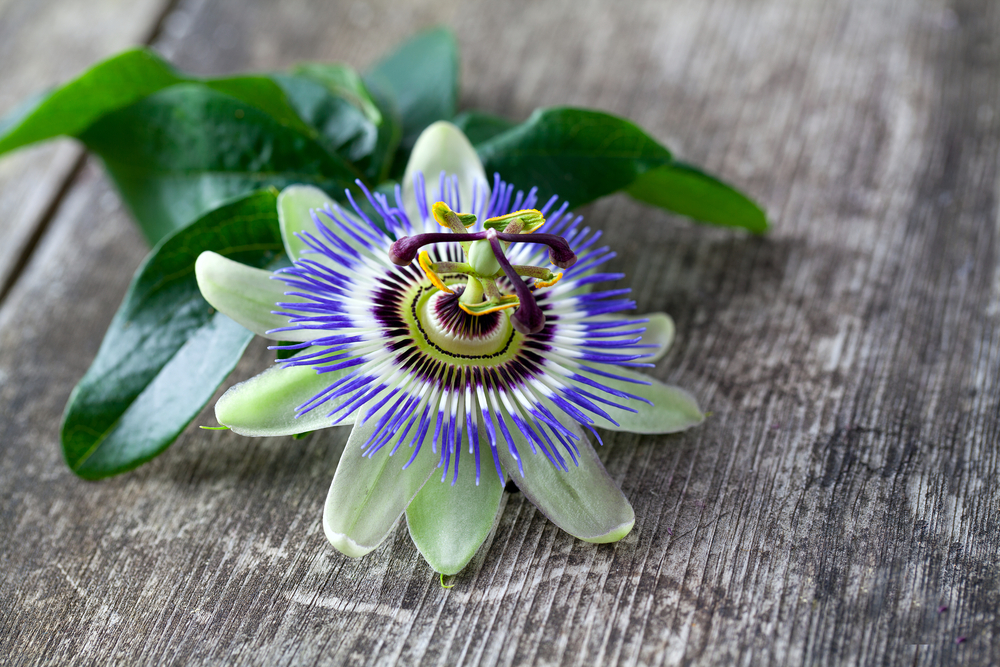Stress is something we all face at one time or another, whether it be at home, at work or in our relationships.
This Stress Awareness Month editor Jane Garton looks at ways to help keep it at bay.
At home

Looking after the children, juggling home and work, wondering how you are going to find the money to pay next month’s bills, caring for an elderly relative or simply keeping the house running efficiently are just some factors that can lead to stress overload.
Lifestyle tweaks

Keeping a mood diary can help you become aware of your stress levels and triggers. There may be some tasks you can delegate or ways you can juggle your outgoings to resolve any niggling financial worries, for example. Meditation and making sure you set aside some ‘me’ time every day is beneficial as is keeping an eye on your diet. Aim for healthy balanced meals with plenty of fruit and vegetables and remember – good hydration is key.
Herbal helpers

One of the most prized herbs in ayurvedic medicine, ashwagandha has long been used to help restore balance in day-to-day life. Well known for its ability to help reduce stress and anxiety it is classified as an adaptogen, a substance that helps the body cope with stress.
At work

Long hours, looming deadlines, difficult colleagues, a hard-to please-boss, worry about redundancy are the most common stress triggers at work. And if they are not addressed, stress can quickly escalate which can have negative effects on health and general wellbeing.
Lifestyle tweaks

A good place to start is to share your worries with a friendly colleague. Often seeing things from a different perspective can help to lighten the load. If this doesn’t help, try to talk things through with your boss – be open and honest about your needs and concerns and you may well be surprised by how understanding they are. They may be able to delegate some of your tasks or even switch you to a different role.
Creating a definite cut off between work and home is also important as is making sure you get enough sleep and watching what you put in your body. Caffeine, alcohol and sugary foods may seem to help in the short term but in excess can aggravate stress symptoms.
Herbal helpers

Like ashwagandha, rhodiola is an adaptogenic herb, which means it helps the body adapt to stress and restore equilibrium. It helps the body endure stressful situations as well as improving energy levels. Take it in the morning to feel the benefits throughout the day.
In relationships

The honeymoon phase does not last forever and even a seemingly secure relationship can have its rocky moments which can send stress levels soaring. Financial worries, uncertainty about where your relationship is going, lack of help around the house, and arguments about children and wider family are common stressors.
Lifestyle tweaks

One of the best ways to deal with stress in a relationship is to talk things through. Try to explain how you are feeling and why, which hopefully will lead to a wider conversation. Your partner, for example, may well be under stress at work or in another area of their life which may explain why their actions have been increasing your stress levels.
Listen as much as you speak and try to come up with a solution together. Meanwhile, you need to make sure you are looking after yourself which means getting good quality sleep, making time for relaxation, and keeping in touch with friends and family.
Herbal helpers

Passionflower and valerian belong to a group of herbs known as relaxants that both do just as their name implies. Passionflower has long been valued for its calming, sedative properties and is especially good for taking the edge off anxiety and worry, as well as helping stress symptoms such as a racing heart. It is often combined with valerian, which is worth considering if stress is interfering with your sleep.
Daily de-stressor
Do the following simple exercise every morning and evening, or during the day, if you start to feel stressed. Tense and relax all the muscle groups in turn. Start with your feet and work your way up your legs, buttocks, lower back, spine arms, chest and abdomen, finishing with the muscles in your neck and head. Focus on the different sensation between tension and relaxation until you become aware of it.
























Add comment